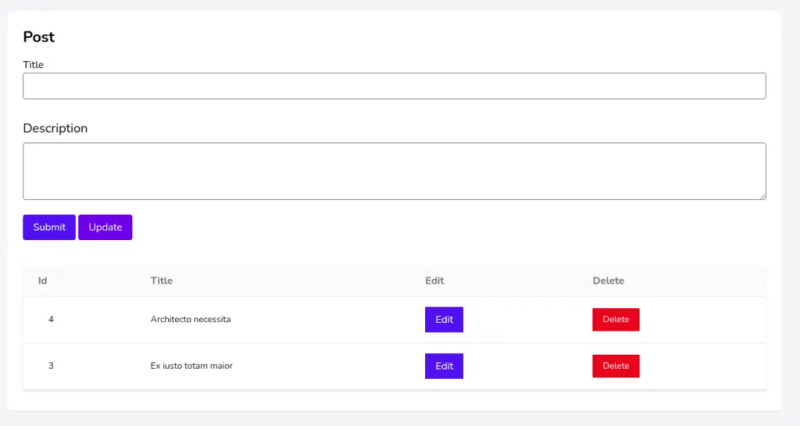Introduction 🌟:
In today’s fast-paced software development landscape, automation testing has become the cornerstone of ensuring product quality and efficiency. Leveraging Maven, a powerful build automation tool, not only simplifies project management but also enhances the scalability and reliability of your testing efforts. Let’s embark on a journey to set up a Maven project tailored for automation testing, adorned with essential dependencies and sprinkled with best practices.
Step 1: Setting Up Your Maven Project 🏗️
Install Maven:
Begin your automation odyssey by installing Maven on your system. Visit the official Apache Maven website (https://maven.apache.org/download.cgi) and follow the installation instructions provided for your platform.
Create a New Maven Project:
Invoke the Maven magic to generate a new project structure with the following command:
Witness the birth of your Maven-powered project structure ready to embrace automation prowess.
Navigate to Your Project Directory:
Take command and navigate to the directory of your freshly minted Maven project using your terminal or command prompt interface.
Step 2: Adding Dependencies for Automation Testing 🛠️
Add Selenium Dependency:
Harness the power of Selenium for web automation testing by adding the following dependency snippet to your project’s pom.xml file:
<groupId>org.seleniumhq.selenium</groupId>
<artifactId>selenium-java</artifactId>
<version>3.141.59</version> <!– Keep pace with the latest version –>
</dependency>
Include TestNG Dependency (Optional):
Elevate your testing suite with TestNG, a testing framework adorned with elegance and functionality. Embed TestNG in your Maven project with the following dependency:
<groupId>org.testng</groupId>
<artifactId>testng</artifactId>
<version>7.4.0</version> <!– Stay ahead with the latest version –>
<scope>test</scope>
</dependency>
Step 3: Writing Your Test Cases ✍️
With dependencies in place, unleash your testing creativity by crafting test cases within the src/test/java directory. Annotate your test methods with the appropriate magic spells provided by the testing framework of your choice.
Step 4: Building and Running Your Tests 🚦
Assemble your testing arsenal and unleash it upon your codebase with the following Maven incantation:
Observe as Maven orchestrates the compilation and execution of your tests, presenting you with the golden chalice of test results.
Conclusion 🌈:
Armed with robust dependency management and seamless build automation, you’re poised to conquer the realms of software quality assurance.



